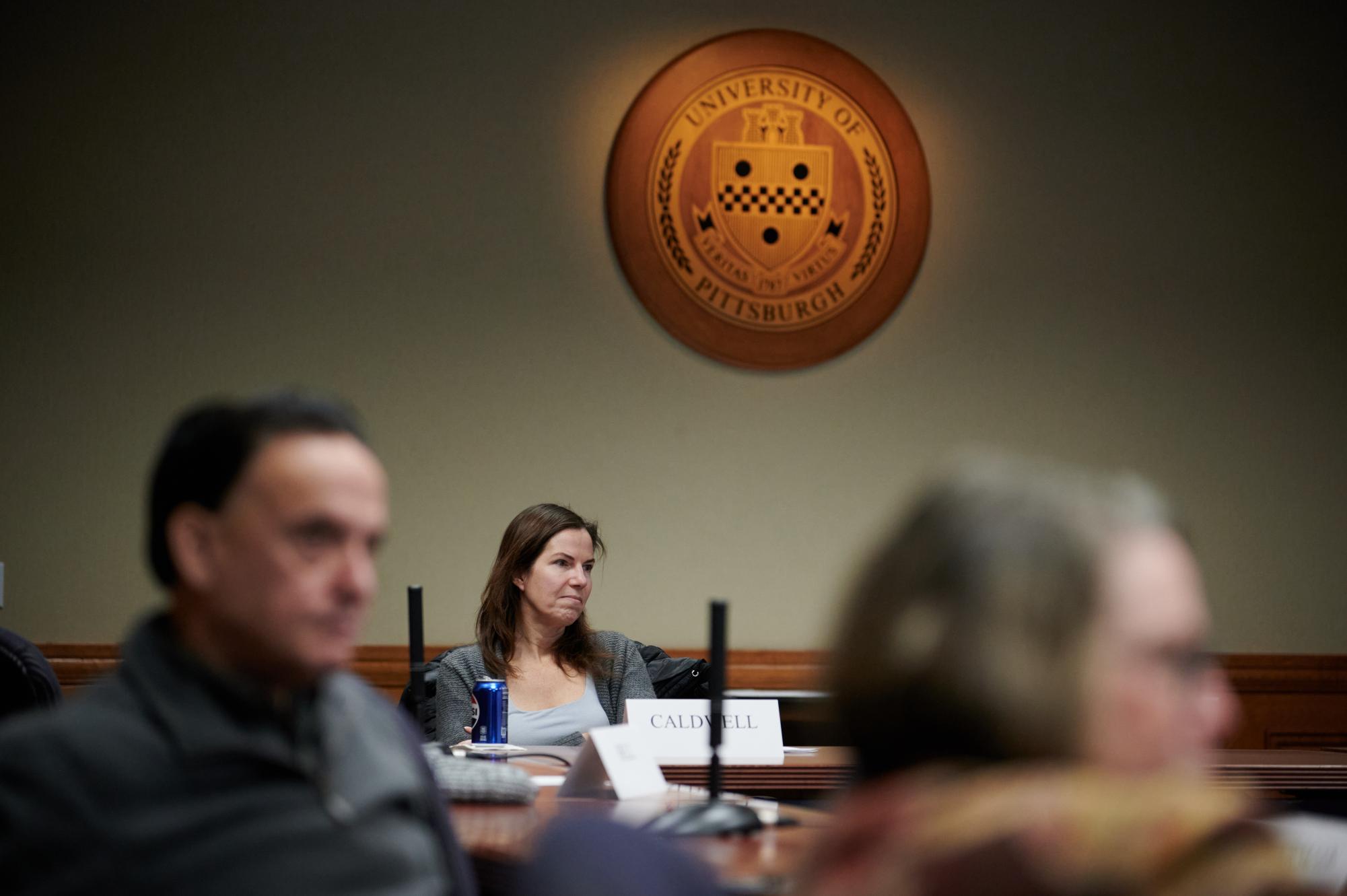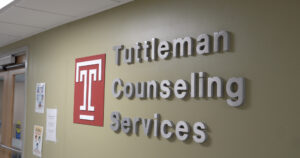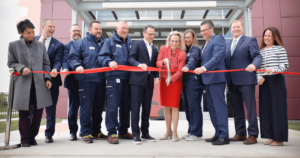The University of Pittsburgh is navigating a challenging financial landscape by implementing a hiring freeze effective from March 10, in response to anticipated reductions in federal NIH funding. This decision, as discussed by Provost Joseph McCarthy during a faculty assembly meeting, aims to address the fiscal uncertainties facing the university.
McCarthy emphasized the importance of prioritizing existing community members at Pitt, highlighting the university’s mission to become “an employer of choice.” The freeze is anticipated to continue through the current fiscal year, possibly extending into the next. A similar hiring freeze occurred in April 2020 due to the pandemic, lasting around a year.
“In times of challenge, it’s important for us to lean into our mission. The action taken on Monday is related to our mission of becoming an employer of choice,” McCarthy stated. He acknowledged the complexity of the decision, suggesting it marks the beginning of an ongoing dialogue.
The hiring freeze has sparked concerns among faculty, particularly in departments already facing staffing challenges. Chris Bonneau, the immediate past-President of the University Senate, expressed worries about the potential impact on course availability, especially in the language department. He advocated for exceptions in specific cases to mitigate these challenges.
McCarthy assured that while exceptions to the freeze would be considered, the process is still under development. “There’s never going to be a good time to institute a hiring freeze, so I’ll invoke an interim exceptions process for the short term that will evolve over time,” he explained.
Dwayne Pinkney, Pitt’s CFO and executive senior vice chancellor for administration and finance, explained that the hiring freeze aligns with the university’s five-year plan, which focuses on refining internal spending before onboarding new employees. “We did not arrive to this decision casually, and we’re certainly not pleased or happy to be here,” Pinkney noted.
Bonneau questioned the timing of the freeze, probing Pinkney about the “recent developments” leading to this decision. Pinkney cited inflation and rising costs as contributing factors, alongside the NIH funding cuts. “If you don’t work in university finance, it may seem like this has come on really quickly. We’ve been aware for many years that costs have been going up,” he said.
The state legislature has maintained Pitt’s funding at $151.5 million annually since 2019, despite requests for increased funding in recent years. Tuition hikes over the past five years have matched or been below inflation rates, according to Pinkney, who emphasized the need to control rising costs without overly burdening students and families.
Concerns about communication were raised by Melanie Scott, director of graduate education for surgery research, who felt the announcement came unexpectedly. Pinkney acknowledged this and stressed the importance of improved communication moving forward. “[McCarthy] and I being here today speaks to our intent to do more about internal communication,” he said.
Read More Here












